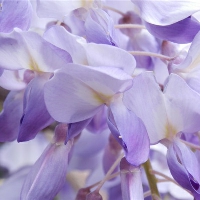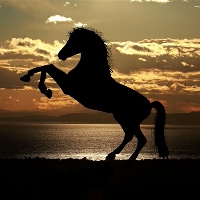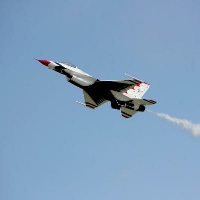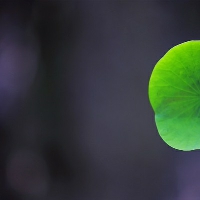Idioms about being in debt include:
1. Be heavily in debt;
2. When the debt is high, it is used as predicate and complement. Build a very high debt platform. According to Fu Qian in the note of "Book of Han: Preface to the List of Marquises and Kings", King Nan of Zhou had a lot of debts and could not repay them, so he was forced to hide on a stage by creditors;
3. There are only four walls in the house. To describe being very poor and having nothing;
4. People have run out of money and are in debt;
5. The explanation of poverty is poverty, poverty and difficulty; Down, down, frustrated. Living in poverty, frustrated and depressed. From the poem "Climbing High" by Du Fu of Tang Dynasty: "Difficulty and bitterness hate the numerous frosty sideburns, and the new turbid wine cup is broken."










